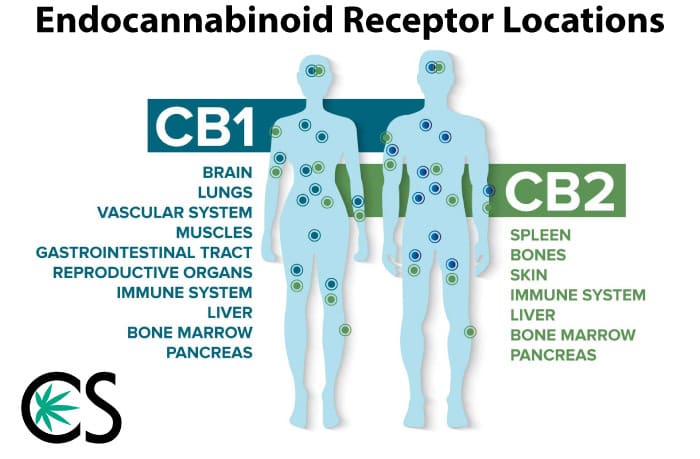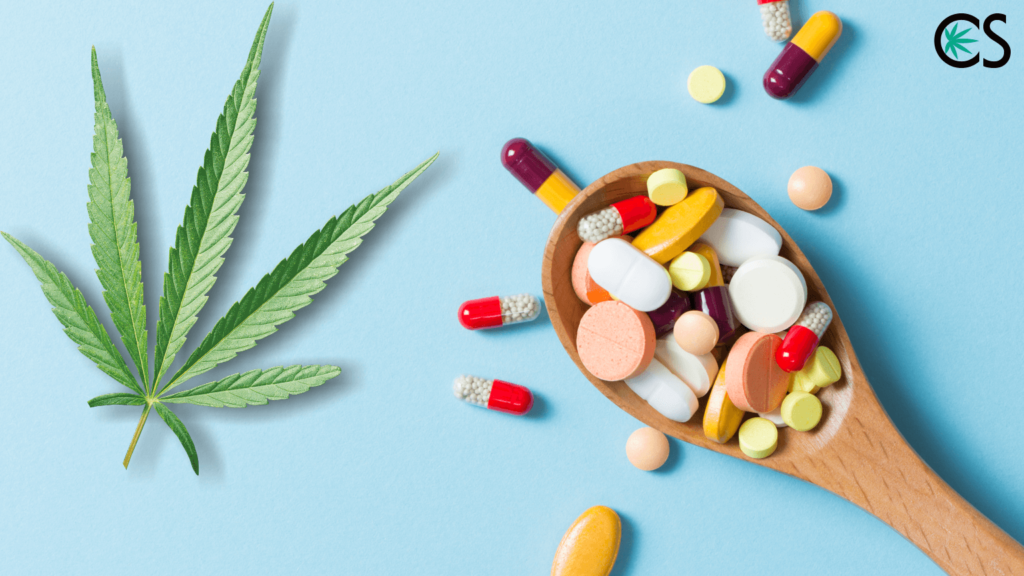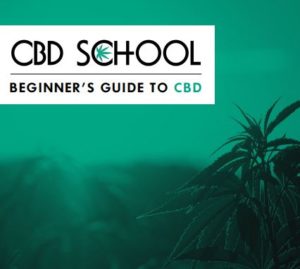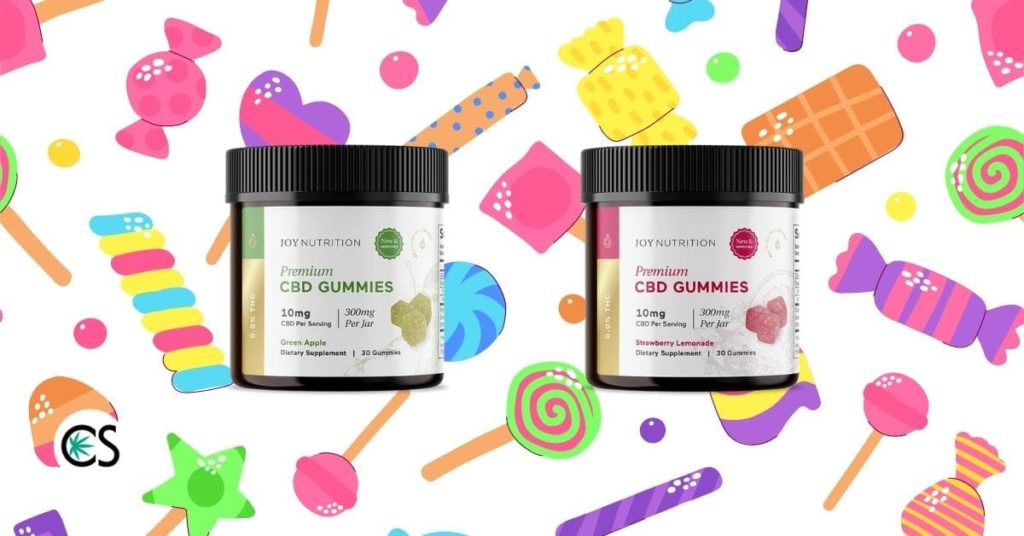HempTalk - Business Blogs and Press Releases
How Much CBD Can I Take?
Many people are looking for more effective natural ways to assist with what ails them. This coincides with CBD and other cannabis-related products hitting the market as a mainstream alternative, which is somewhat of a perfect storm.
I’m sure CBD, at least the term, isn’t new to your vernacular, but as a quick refresher, CBD is a cannabinoid that is found in the cannabis plant, along with about 100 other cannabinoids, including THC, THCa, CBG, CBC, and Delta-8 THC.
We receive many questions at CBD School, and one of the most frequent is, “how much CBD can I take?
Before we dive in to answer that question, let’s tackle what people are turning to CBD for to assist with their ailments.
What Is CBD Used For?
While there have been many studies performed that look at the efficacy of CBD, and many people have heard about some of the illnesses that CBD has shown possible positive effects on assist with, like chronic pain1, arthritis2, insomnia3, and anxiety4, many more studies need to occur prior to CBD stepping out of the grey area that it currently sits.
Cannabidiol, CBD, may be so helpful for these conditions, and some more, all due to the endocannabinoid system, which wasn’t discovered until the 1990s. The endocannabinoid system isn’t fully understood, and there are additional studies needed to explore why this system may unlock the key for it to possibly be able to cure certain diseases.5

What is known is that real people are having a positive effect on their lives by consuming CBD, and other cannabinoids. While CBD isn’t approved by the FDA to allow any CBD brands to make any claims about its efficacy, CBD is legal in all states, in at least one form or another.
Below are the most common health issues people use CBD for relief:
Reduce stress and anxiety Inflammation control for problems including muscle and joint pain Boosting sleep qualityHelp relieve nausea and vomitingHow Much CBD Can I Take Daily?
The correct amount of CBD for one person isn’t always the correct dose for another. There are many factors when it comes to how much CBD to use to find yourself some relief.
The first thing you should do when it comes to CBD is to speak with your doctor to ensure CBD is something that won’t negatively affect you if you are taking medications. CBD can have a drug interaction, and you should be aware of this prior to consuming CBD.

If you’ve already discussed CBD with your doctor and are looking to figure out how much CBD you can take daily, below are some of the factors to consider:
Body Weight
One of the main factors when it comes to taking CBD is your personal body weight. Think about when you have alcoholic drinks and the way someone who may weigh 200 lbs vs someone who weighs 120 lbs.
The person that is heavier can usually throw back more drinks until they begin to get either buzzed or drunk. Now, this isn’t a 100% proof factor, but it’s a good rule of thumb that the heavier you are, the more CBD you will need to feel some effect. People should take about .15-.30 mg of CBD per pound of body weight.
Enjoying your read? Sign up to be a part of the CBD School community, and we’ll send you a free eBook called The Beginner’s Guide to CBD. It will get you caught up in all things CBD. Additionally, you’ll get updates on the best CBD products and discounts in the industry.

Health Issue
Some health issues may require additional CBD, and depending on your symptoms you may want to up your dosage of CBD. Someone that has a headache that they just can’t seem to shake may need a lower dosage of CBD than someone that is nauseous from being in the car for a long trip. Again, everyone is different and what’s good for someone may not work for someone else.
Familiarity with CBD
For people new to CBD you may not need to take a bunch of CBD to feel the effects. If you have been taking CBD for an extended period of time you may need to increase the amount that you are consuming to receive similar effects you once did when you began your CBD journey.
Milligrams of CBD in Product
It’s always best to read the labels of any product you purchase, this is especially true with CBD products.
CBD is not a regulated industry and because of this, some CBD brands use shady marketing tactics to sell their products. First, it’s always best to purchase CBD from a reputable brand. A brand that is trustworthy will always have its products third-party lab tested, will attempt to use organic ingredients when available, and will provide you with a Certificate of Authenticity (COA).
Some products, like CBD gummies, may state on the packaging that each gummy has 25mg CBD, like Joy Organics Gummies, while other brands of gummies will have 10mg CBD, like cbdMD’s 300mg Gummies.
Rule of Thumb with CBD
A great rule of thumb when it comes to consuming CBD is to start with a low amount of CBD and gradually raise the dosage. Some find it useful to begin a daily log of the time they consumed CBD, the amount they took, and the effects that they felt.
Since everyone’s body composition is different, not everyone will receive the same effect, and because of this it is best to pay close attention to what you are feeling, and the dosage you consumed.
If you started with 25mg CBD oil from a CBD oil tincture, and felt some relaxing effects, but feel you may be able to receive additional benefits, either take more CBD later in the day or the next time you take a dropper full, add a little more to your consumption. Be sure to take notes so you can identify the difference in the feeling you felt, along with the amount of CBD you consumed. Due to CBD oil tincture droppers not giving you an exact amount that you can truly identify as being a specific mg, some people prefer taking CBD capsules that have a premeasured dose of CBD.
Begin With a Lower Dosage
Begin with ten up to 20 milligrams per day to see how your body responds to CBD. Maybe stay with this lower dosage for a few days, or maybe a week, to see if you are noticing the effects, prior to adding additional milligrams to your regimen.
Once this dosage doesn’t provide the expected outcome, gradually increase by 5mg every week till the required quantity is obtained.
Possible Side Effects of CBD
Read: Side Effects of Using CBD Oil Products
While CBD is pretty safe for the majority of us, some people can experience adverse effects. And, as mentioned above, it is best to talk with your doctor about your specific situation prior to consuming CBD. CBD in your system might induce adverse reactions such as:
Dryness of mouth, and even sore throatDiarrheaSleepiness or drowsiness A sudden shift in appetiteCBD-drug interactionThe sore throat reaction is consistent among many cannabinoid users and comes through their interactions with salivary gland-located (CBD) Cannabinoid Receptors and the Endocannabinoid System. Whenever you consume CBD products, the cannabinoids may attach to these sensors, limiting the release of your saliva. Drink plenty of water both before and then after the consumption of CBD oil, capsules, or edibles are advisable.

As a result of a decrease in blood pressure, any intake of CBD may generate disorientation. Individuals commonly experience tiredness following consuming excessive amounts of Cannabinoids; for some other users, this could be the intended outcome, but for many individuals, this could drive them to catch an unintended daytime siesta.
Vomiting and Diarrhea can result in ingesting excessive carrier oil, such as MCT oil, wherein the Cannabidiol extracts are contained.
Lastly, consumers must be mindful of Cannabinoid drug side effects, particularly if they are taking certain drugs. The capacity of your liver to process medicinal substances is proven to be harmed by Cannabinoids. Because it operates in a comparable pattern to grapefruit, users shouldn’t consume this at the same period as Cannabidiol when your medicine contains grapefruit warnings.
Conclusion
The primary finding is that CBD is relatively harmless, even at relatively high rates. Cannabinoids, like everything else, can have adverse consequences if used in high doses. However, they are minor compared to certain other drugs. The best part seems to be that users can’t overdose easily using Cannabidiol because you’d have to consume ten vials of very strong Cannabidiol in a straight to achieve a hazardous amount — which wouldn’t be achievable under ordinary situations.
But, if you desire to get the most out of CBD as well as prevent potential negative side effects, experts suggest starting with a moderate amount and slowly raising the first amount till you obtain the optimum outcomes.
references
1Argueta, D. A., Ventura, C. M., Kiven, S., Sagi, V., & Gupta, K. (2020). A Balanced Approach for Cannabidiol Use in Chronic Pain. Frontiers in pharmacology, 11, 561. https://doi.org/10.3389/fphar.2020.00561
2Hammell, D. C., Zhang, L. P., Ma, F., Abshire, S. M., McIlwrath, S. L., Stinchcomb, A. L., & Westlund, K. N. (2016). Transdermal cannabidiol reduces inflammation and pain-related behaviours in a rat model of arthritis. European journal of pain (London, England), 20(6), 936–948. https://doi.org/10.1002/ejp.818
3Shannon, S., Lewis, N., Lee, H., & Hughes, S. (2019). Cannabidiol in Anxiety and Sleep: A Large Case Series. The Permanente journal, 23, 18–041. https://doi.org/10.7812/TPP/18-041
4Blessing, E. M., Steenkamp, M. M., Manzanares, J., & Marmar, C. R. (2015). Cannabidiol as a Potential Treatment for Anxiety Disorders. Neurotherapeutics : the journal of the American Society for Experimental NeuroTherapeutics, 12(4), 825–836. https://doi.org/10.1007/s13311-015-0387-1
5Pacher, P., Bátkai, S., & Kunos, G. (2006). The endocannabinoid system as an emerging target of pharmacotherapy. Pharmacological reviews, 58(3), 389–462. https://doi.org/10.1124/pr.58.3.2


